Sperm Quality
How to submit an article:
- Registered users can submit any published journal article that has a unique DOI (Digital Object Identifier) name or link to Research Hub.
- For example, you can paste the full DOI link:
https://doi.org/10.1109/5.771073or just the DOI name:10.1109/5.771073into the field above and click submit. - The person who is first to submit a valid article to Research Hub will forever be credited for it, and every article submission earns you +6 Research Points.
Related Topics
Published research studies are articles that present the findings of original research that has undergone a peer-review process and has been made publicly available in scholarly journals, books or other media.
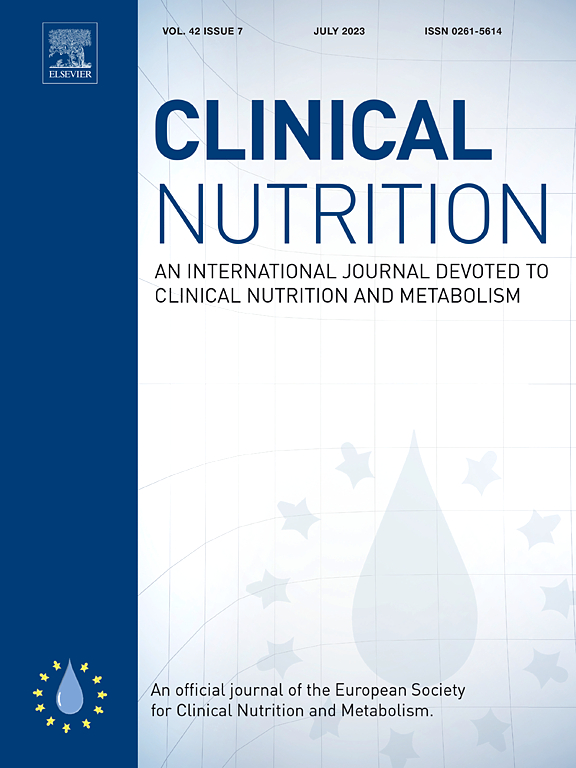
Effects of pomegranate juice consumption on sperm quality, spermatogenic cell density, antioxidant activity and testosterone level in male rats
2024 Apr Clinical Nutrition Türk G, Sönmez M, Aydin M, Yüce A, Gür S, Yüksel M, et al.
PJ consumption resulted in a significant decrease in malondialdehyde (MDA) level and significant increases in glutathione (GSH), glutathione peroxidase (GSH-Px), catalase (CAT) activities, and vitamin C levels. Additionally, PJ improved epididymal sperm concentration, sperm motility, spermatogenic cell density, seminiferous tubule diameter, germinal cell layer thickness, and decreased abnormal sperm rates in comparison to the control group, suggesting that PJ consumption enhances sperm quality and antioxidant activity in rats.
Experimental Study Animal Study Antioxidant Sperm Quality Pomegranate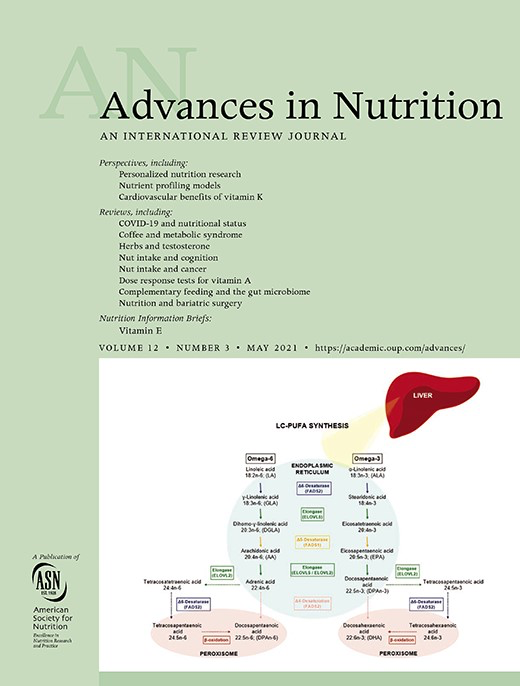
Nut Consumption and Fertility: a Systematic Review and Meta-Analysis
2024 Jan Advances in Nutrition Cardoso BR, Fratezzi I, Kellow NJ
Systematic Review Meta-Analysis Sperm Quality Nut Consumption Female Fertility Male Fertility Nuts NutRegular consumption of nuts improves sperm parameters such as motility, vitality, and morphology, potentially promoting successful reproductive outcomes in healthy males.
Nonpharmacological Interventions for the Management of Testosterone and Sperm Parameters: A Scoping Review
2022 Aug Clinical Therapeutics Santos HO, Cadegiani FA, Forbes SC
Review Article Testosterone Sperm QualityNutraceuticals like zinc, vitamin D, l-arginine, mucuna, ashwagandha, tribulus, and ω3 fatty acids, along with lifestyle changes, can mildly improve male testosterone levels and sperm parameters.
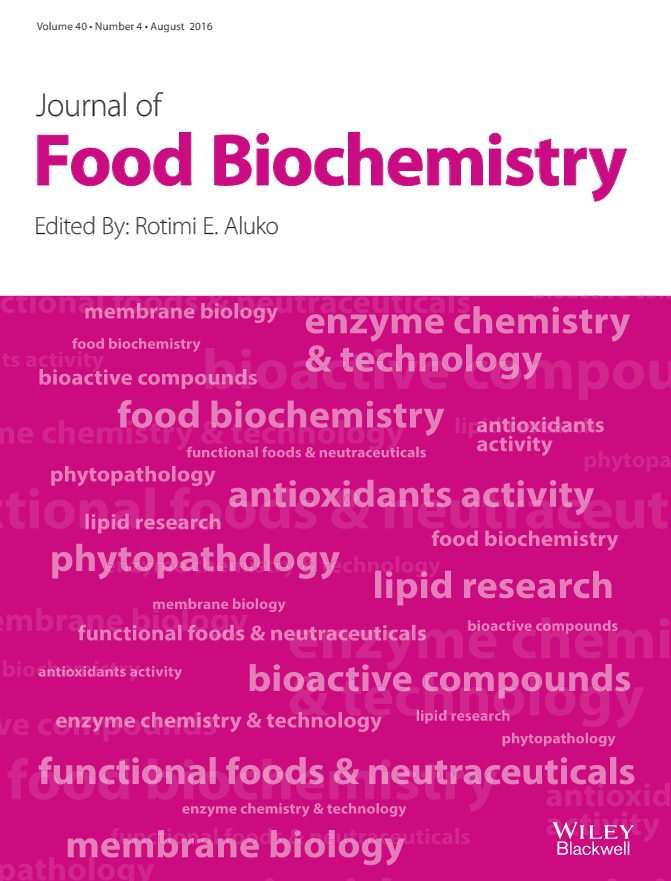
Persea americana seed extract restores defective sperm quality and biochemical parameters relevant to reproduction in male wistar rats treated with cyclosporine A
2022 May 13 Journal of Food Biochemistry Adebayo AA, Babatola LJ, Fasanya CB, Oboh G
Animal Study Sperm Quality Avocado SeedPersea americana seed extract can counteract the negative effects of cyclosporine on male rat reproduction, enhancing antioxidant enzyme activity, sperm quality, and hormonal balance.
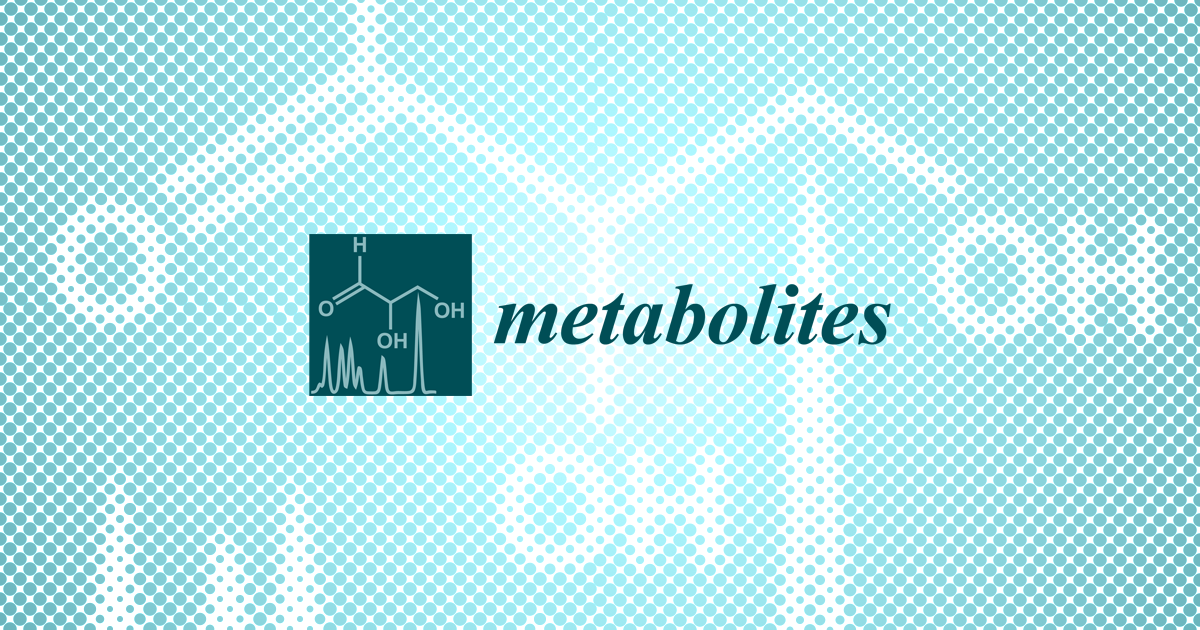
Therapeutic Potential of Date Palm against Human Infertility: A Review
2021 Jun 21 Metabolites Shehzad M, Rasheed H, Naqvi SA, Al-Khayri JM, Lorenzo JM, Alaghbari MA, et al.
Review Article Pregnancy Date Fruit Sperm Quality Ovarian FunctionThe date palm enhances both male and female fertility parameters through its nutritional attributes and antioxidant functionality.
Research insights are moderated by the Research Hub team and offer an at-a-glance overview of interesting research findings.

2024 Advances in Nutrition
Regular consumption of nuts improves sperm parameters such as motility, vitality, and morphology, potentially promoting successful reproductive outcomes in healthy males.
Systematic Review Female Fertility Male Fertility Nut Nut Consumption Nuts
Nut Consumption and Fertility: a Systematic Review and Meta-Analysis
Cardoso BR, Fratezzi I, Kellow NJ
2022 Clinical Therapeutics
Nutraceuticals like zinc, vitamin D, l-arginine, mucuna, ashwagandha, tribulus, and ω3 fatty acids, along with lifestyle changes, can mildly improve male testosterone levels and sperm parameters.
Review Article Testosterone
Nonpharmacological Interventions for the Management of Testosterone and Sperm Parameters: A Scoping Review
Santos HO, Cadegiani FA, Forbes SC

2022 Journal of Food Biochemistry
Persea americana seed extract can counteract the negative effects of cyclosporine on male rat reproduction, enhancing antioxidant enzyme activity, sperm quality, and hormonal balance.
Animal Study Avocado Seed
Persea americana
seed extract restores defective sperm quality and biochemical parameters relevant to reproduction in male wistar rats treated with cyclosporine A
Adebayo AA, Babatola LJ, Fasanya CB, Oboh G
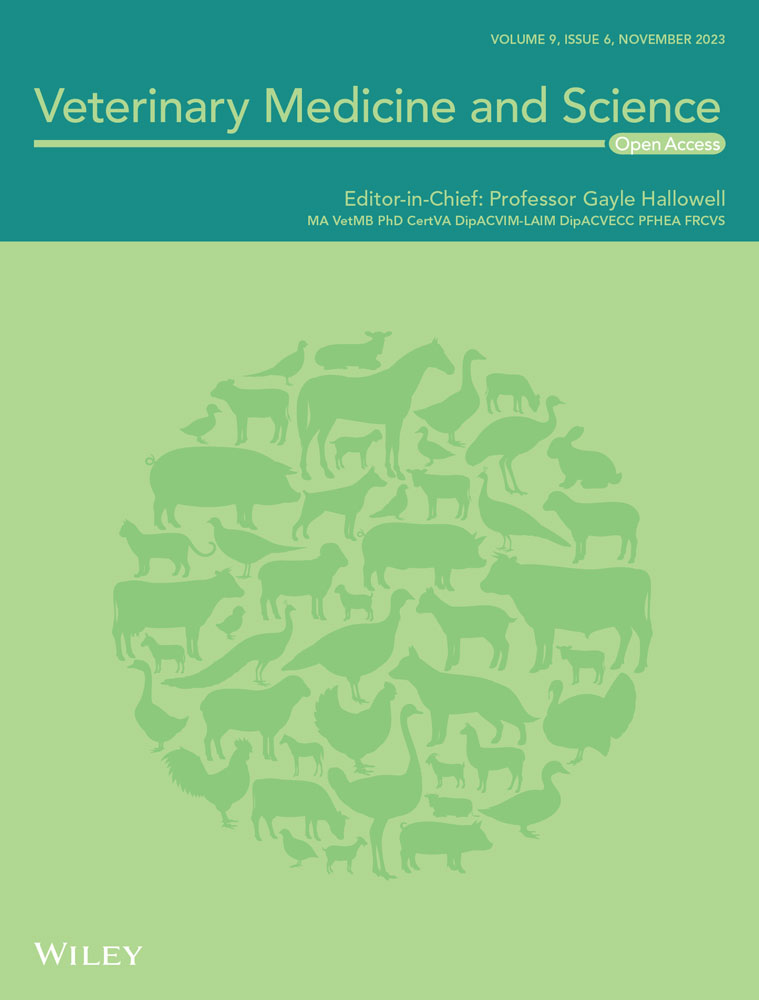
2021 Veterinary Medicine and Science
Ginger significantly improves sperm health, enhancing quality parameters like count, viability, motility, morphology and DNA integrity, thereby boosting fertility.
Systematic Review Ginger Male Fertility Testosterone
A systematic review on the effect of Ginger (Zingiber officinale) on improvement of biological and fertility indices of sperm in laboratory animals, poultry and humans
Gholami‐Ahangaran M, Karimi‐Dehkordi M, Akbari Javar A, Haj Salehi M, Ostadpoor M

2021 Metabolites
The date palm enhances both male and female fertility parameters through its nutritional attributes and antioxidant functionality.
Review Article Date Fruit Ovarian Function Pregnancy
Therapeutic Potential of Date Palm against Human Infertility: A Review
Shehzad M, Rasheed H, Naqvi SA, Al-Khayri JM, Lorenzo JM, Alaghbari MA, et al.
Review Articles
Review articles summarise and critically evaluate the current state of research on a specific topic or field by synthesising multiple primary research studies.

Nut Consumption and Fertility: a Systematic Review and Meta-Analysis
2024 Jan Advances in Nutrition Cardoso BR, Fratezzi I, Kellow NJ
Systematic Review Meta-Analysis Sperm Quality Nut Consumption Female Fertility Male Fertility Nuts NutRegular consumption of nuts improves sperm parameters such as motility, vitality, and morphology, potentially promoting successful reproductive outcomes in healthy males.
Nonpharmacological Interventions for the Management of Testosterone and Sperm Parameters: A Scoping Review
2022 Aug Clinical Therapeutics Santos HO, Cadegiani FA, Forbes SC
Review Article Testosterone Sperm QualityNutraceuticals like zinc, vitamin D, l-arginine, mucuna, ashwagandha, tribulus, and ω3 fatty acids, along with lifestyle changes, can mildly improve male testosterone levels and sperm parameters.

Therapeutic Potential of Date Palm against Human Infertility: A Review
2021 Jun 21 Metabolites Shehzad M, Rasheed H, Naqvi SA, Al-Khayri JM, Lorenzo JM, Alaghbari MA, et al.
Review Article Pregnancy Date Fruit Sperm Quality Ovarian FunctionThe date palm enhances both male and female fertility parameters through its nutritional attributes and antioxidant functionality.

Protective Roles of Honey in Reproductive Health: A Review
2021 Jun 01 Molecules Zaid SSM, Ruslee SS, Mokhtar MH
Review Article Vaginal Candidiasis Candidiasis Testosterone Honey MenopauseIn reproductive health, honey can improve infertility, protect the postmenopausal reproductive tract, prevent toxic effects, maintain sperm quality by restoring testosterone levels and treat vulvovaginal candidiasis infections.

A systematic review on the effect of Ginger (Zingiber officinale) on improvement of biological and fertility indices of sperm in laboratory animals, poultry and humans
2021 Jun 30 Veterinary Medicine and Science Gholami‐Ahangaran M, Karimi‐Dehkordi M, Akbari Javar A, Haj Salehi M, Ostadpoor M
Systematic Review Ginger Testosterone Sperm Quality Male FertilityGinger significantly improves sperm health, enhancing quality parameters like count, viability, motility, morphology and DNA integrity, thereby boosting fertility.
Clinical Trials
Clinical trials are research studies that involve people and are conducted to evaluate the safety and efficacy of new treatments or interventions, such as drugs, medical devices, or behavioural therapies.
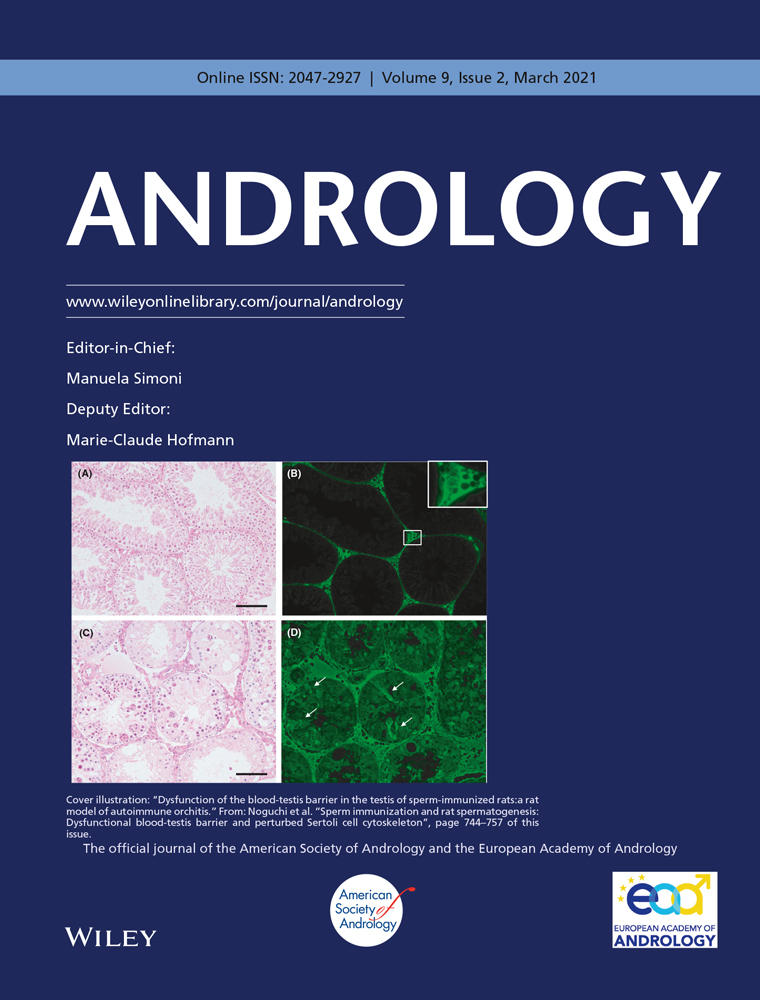
Sperm DNA methylation changes after short‐term nut supplementation in healthy men consuming a Western‐style diet
2020 Nov 03 Andrology Salas‐Huetos A, James ER, Salas‐Salvadó J, Bulló M, Aston KI, Carrell DT, et al.
Randomised Controlled Trial Hazelnut Sperm Quality WalnutIncorporating tree nuts into a Western-style diet subtly modifies specific DNA methylation regions within sperm, thereby showing parts of the sperm epigenome can respond to dietary changes.
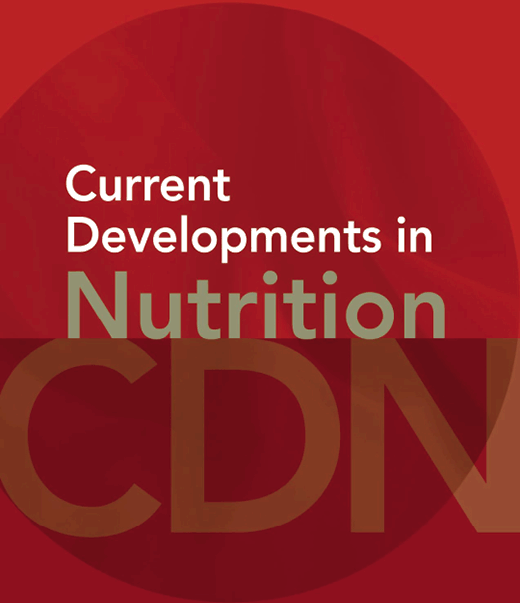
Randomized Clinical Trial: Effect of Walnuts on Semen Parameters and Male Fertility (P18-042-19)
2019 Jun Current Developments in Nutrition Robbins W, Kim H, Houman J, Lee GW
Randomised Controlled Trial Walnut Sperm Quality Male FertilityConsuming walnuts can enhance sperm motility and morphology, potentially improving fertility in males with infertility issues.

An Extract of Pomegranate Fruit and Galangal Rhizome Increases the Numbers of Motile Sperm: A Prospective, Randomised, Controlled, Double-Blinded Trial
2014 Oct 02 PLOS One Fedder MDK, Jakobsen HB, Giversen I, Christensen LP, Parner ET, Fedder J
After three months of active treatment, participants receiving the plant extracts showed a significant increase in the total number of motile spermatozoa compared to the placebo group (p = 0.026). The average total number of motile sperm increased by 62% in the active treatment group, reaching 37.8 million, while the placebo group exhibited a 20% increase. Sperm morphology was not affected by the treatment.
Clinical Study Randomised Controlled Trial Sperm Quality Pomegranate Galangal
Comparison on the Effects and Safety of Tualang Honey and Tribestan in Sperm Parameters, Erectile Function, and Hormonal Profiles among Oligospermic Males
2014 Jan Evidence-Based Complementary and Alternative Medicine Ismail SB, Bakar MB, Nik Hussain NH, Norhayati MN, Sulaiman SA, Jaafar H, et al.
Randomised Controlled Trial Low Sperm Count Tribestan Erectile Dysfunction Sperm Quality HoneyTualang honey demonstrates efficacy comparable to Tribestan in enhancing sperm parameters among oligospermic males, including concentration, motility, and morphology, with a favorable safety profile.
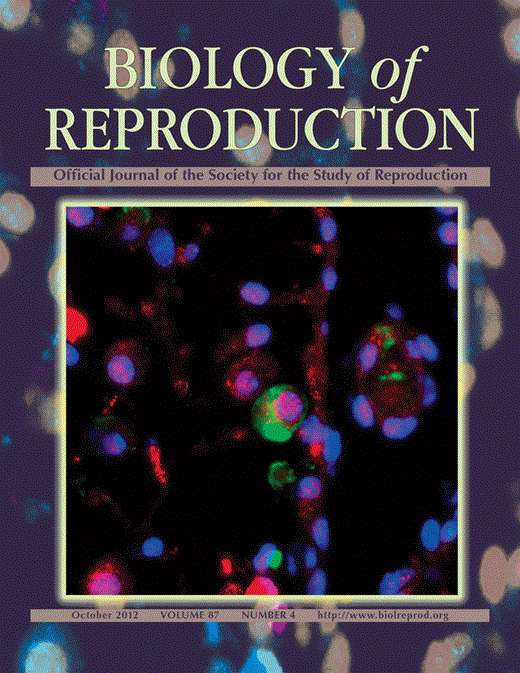
Walnuts Improve Semen Quality in Men Consuming a Western-Style Diet: Randomized Control Dietary Intervention Trial1
2012 Oct 01 Biology of Reproduction Robbins WA, Xun L, FitzGerald LZ, Esguerra S, Henning SM, Carpenter CL
Randomised Controlled Trial Sperm QualityConsuming 75g of whole-shelled walnuts daily improves sperm vitality, motility, and morphology in young men adhering to a Western-style diet.
Study Protocols
Published study protocols are detailed plans that outline the objectives, methodology, statistical analyses, and organisation of a research study that have been made publicly available for others to review and use as a reference.
Presentation Slides

Systematic Review
Regular consumption of nuts improves sperm parameters such as motility, vitality, and morphology, potentially promoting successful reproductive outcomes in healthy males.
Cardoso BR, Fratezzi I, Kellow NJ

Review Article
Nutraceuticals like zinc, vitamin D, l-arginine, mucuna, ashwagandha, tribulus, and ω3 fatty acids, along with lifestyle changes, can mildly improve male testosterone levels and sperm parameters.
Santos HO, Cadegiani FA, Forbes SC

Animal Study
Persea americana seed extract can counteract the negative effects of cyclosporine on male rat reproduction, enhancing antioxidant enzyme activity, sperm quality, and hormonal balance.
Adebayo AA, Babatola LJ, Fasanya CB, Oboh G

Systematic Review
Ginger significantly improves sperm health, enhancing quality parameters like count, viability, motility, morphology and DNA integrity, thereby boosting fertility.
Gholami‐Ahangaran M, Karimi‐Dehkordi M, Akbari Javar A, Haj Salehi M, Ostadpoor M

Review Article
The date palm enhances both male and female fertility parameters through its nutritional attributes and antioxidant functionality.
Shehzad M, Rasheed H, Naqvi SA, Al-Khayri JM, Lorenzo JM, Alaghbari MA, Manzoor MF, Aadil RM

Review Article
In reproductive health, honey can improve infertility, protect the postmenopausal reproductive tract, prevent toxic effects, maintain sperm quality by restoring testosterone levels and treat vulvovaginal candidiasis infections.
Zaid SSM, Ruslee SS, Mokhtar MH

Randomised Controlled Trial
Incorporating tree nuts into a Western-style diet subtly modifies specific DNA methylation regions within sperm, thereby showing parts of the sperm epigenome can respond to dietary changes.
Salas‐Huetos A, James ER, Salas‐Salvadó J, Bulló M, Aston KI, Carrell DT, Jenkins TG
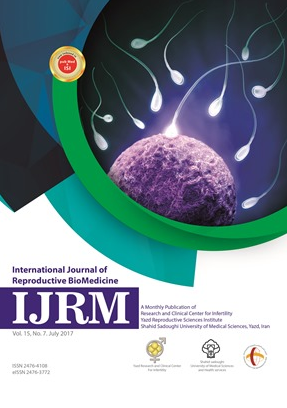
Experimental Study
Date palm fruit extract may mitigate some harmful effects of formaldehyde on male fertility by improving testosterone, sperm, and testicular conditions.
Zaren M, Haghpanah T, Asadi Shekari M, Hassan Eftekhar-Vaghefi S

Systematic Review
Traditional Chinese Medicine when combined with vitamins significantly improves sperm characteristics and pregnancy rates in male infertility treatment.
Wang M, Wang Q, Du Y, Jiang H, Zhang X

Randomised Controlled Trial
Consuming walnuts can enhance sperm motility and morphology, potentially improving fertility in males with infertility issues.
Robbins W, Kim H, Houman J, Lee GW
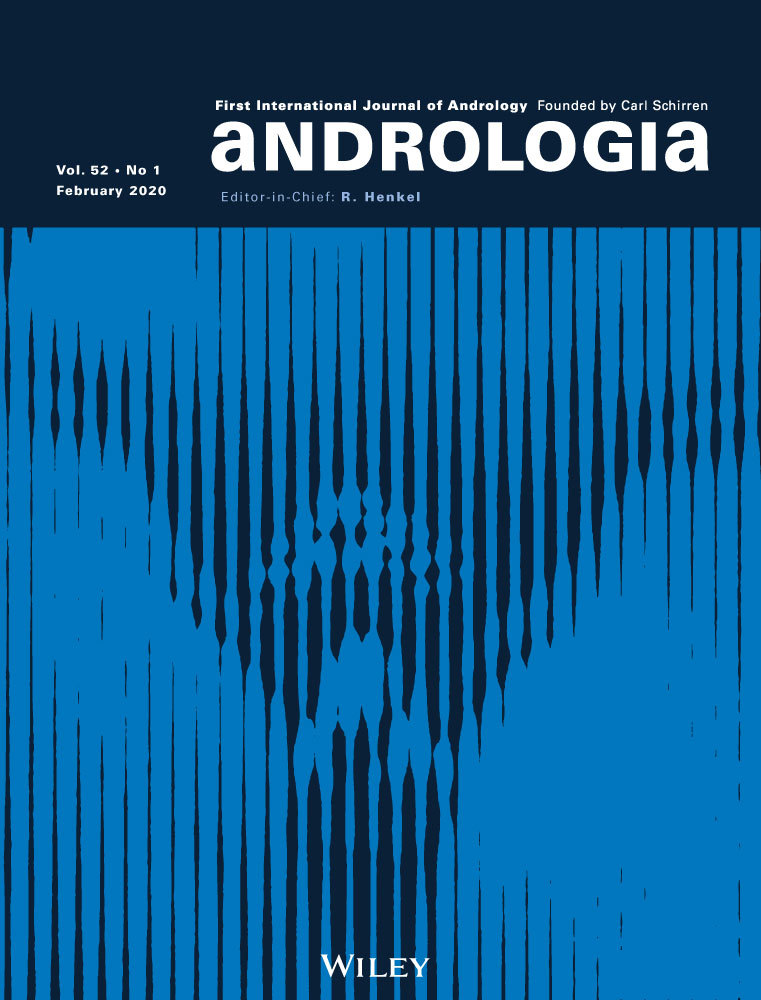
Systematic Review
Ginger enhances semen quality and improves sperm parameters, an impact linked to increased levels of gonadal hormones, decreased cell damage, and valued nutrients in ginger.
Banihani SA

Systematic Review
The Wu Zi Yan Zong pill, a traditional Chinese medicine, improves sperm quality by enhancing semen parameters and decreasing DNA damage in patients with oligoasthenozoospermia.
Zhao MP, Shi X, Kong GWS, Wang CC, Wu JCY, Lin ZX, Li TC, Chan DYL
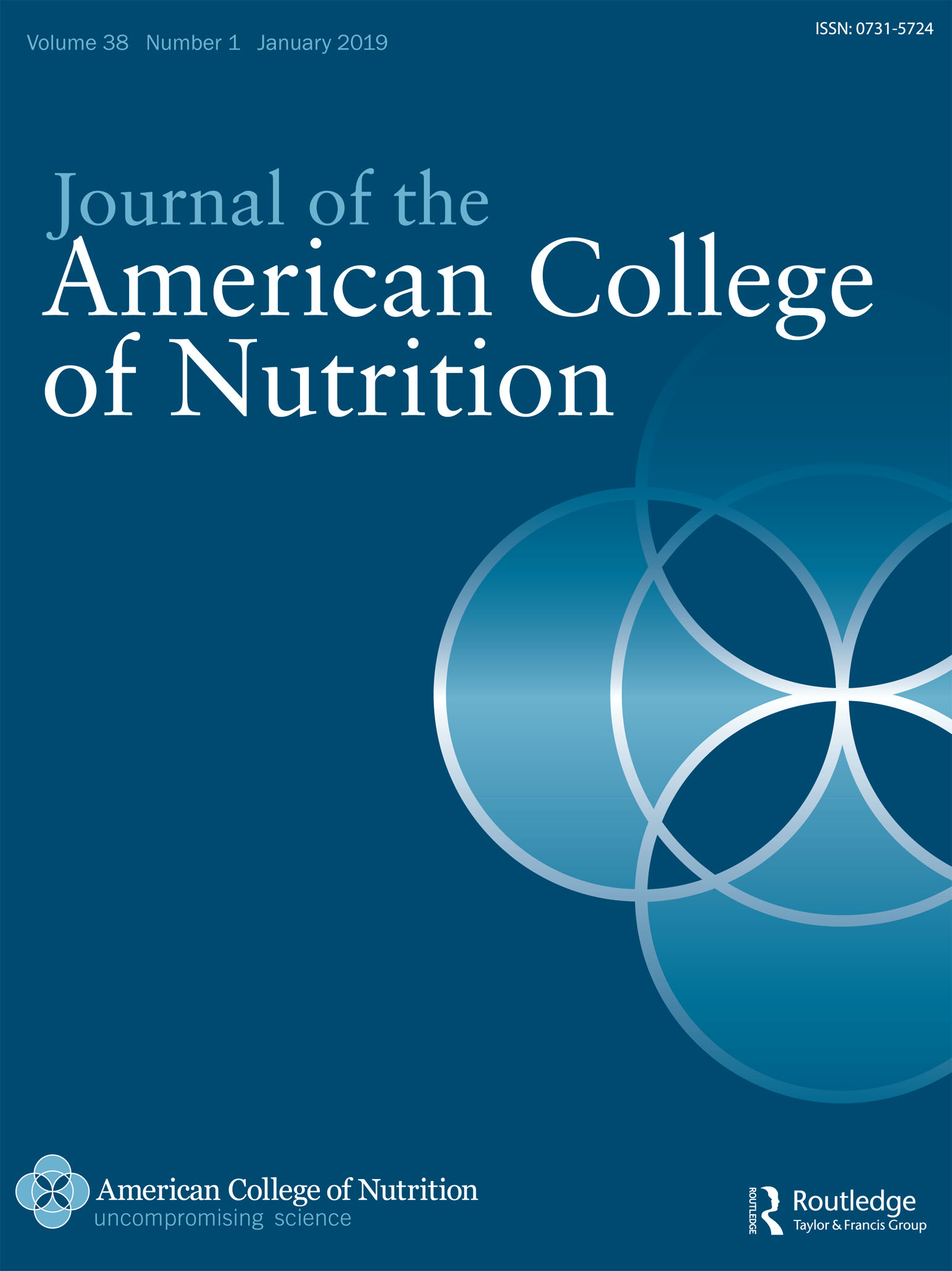
Systematic Review
Date palm components (pollen, pit powder, and gemmule extract) significantly improve male fertility directly through hormonal changes and indirectly via antioxidant abilities.
Tatar T, Akdevelioğlu Y

Randomised Controlled Trial
Tualang honey demonstrates efficacy comparable to Tribestan in enhancing sperm parameters among oligospermic males, including concentration, motility, and morphology, with a favorable safety profile.
Ismail SB, Bakar MB, Nik Hussain NH, Norhayati MN, Sulaiman SA, Jaafar H, Draman S, Ramli R, Wan Yusoff WZ

Randomised Controlled Trial
Consuming 75g of whole-shelled walnuts daily improves sperm vitality, motility, and morphology in young men adhering to a Western-style diet.
Robbins WA, Xun L, FitzGerald LZ, Esguerra S, Henning SM, Carpenter CL
Executive Summary
Write an executive summary in the form of a blog article on the topic of "Research into Chinese medicine treatment for Sperm Quality" summarising the research below and using language that can be easily understood by patients and avoiding medical jargon using a professional and caring tone of voice.
Write an executive summary in the form of a blog article on the topic of "Researched Chinese medicine treatments for Sperm Quality" summarising the research below in an objective and easy to understand way, and using language that can be easily understood by patients. Group the article into Chinese medicine treatments first, followed by nutrition and other treatments. Avoid using medical jargon and use a professional and caring tone of voice.
Write me a concise but easy to understand executive summary on the topic of "Chinese medicine treatments for Sperm Quality" based on the following research that I will give you. Your summary should be 2 paragraphs long in Australian English spelling and include references to the studies.
A Systematic Review published in 2024 in the journal Advances in Nutrition found that Regular consumption of nuts improves sperm parameters such as motility, vitality, and morphology, potentially promoting successful reproductive outcomes in healthy males. The researchers in this study carried out a systematic review and meta-analysis, exploring the impact of nut intake on fertility outcomes. They sourced data from four databases: Ovid MEDLINE, Embase, CINAHL, and Scopus, from their inception until June 2023. The inclusion criteria for articles were humans of reproductive age who had consumed nuts for a minimum of three months, with any consequent fertility-related outcomes reported. The researchers undertook a random-effects meta-analysis to produce a collective estimate of the effect of nut consumption on four specific sperm characteristics: total motility, vitality, morphology, and concentration. In this review and meta-analysis, the researchers involved four studies, evaluating a total of 875 participants, composed of 646 males and 229 females. For males, two randomized control trials involving 223 individuals revealed that a daily consumption of at least 60g of nuts led to an improvement in sperm motility, vitality, and morphology, compared to those consuming fewer nuts, though it did not affect sperm concentration. Conversely, the non-randomized studies could not discern an association between nut consumption and traditional sperm parameters in males, nor could they establish a link between nut intake and embryo implantation, clinical pregnancy or live birth in males and females undergoing Assisted Reproductive Technology (ART).
A Review Article published in 2022 in the journal Clinical Therapeutics found that Nutraceuticals like zinc, vitamin D, l-arginine, mucuna, ashwagandha, tribulus, and ω3 fatty acids, along with lifestyle changes, can mildly improve male testosterone levels and sperm parameters. A comprehensive scoping review was undertaken to investigate the effectiveness of nonpharmacologic interventions such as dietary supplements, herbal remedies, diverse diets, sleep patterns, and various forms of physical exercise. The study was aimed to understand their potential in enhancing male health by improving testosterone levels and sperm parameters, especially in men with hypogonadism or fertility issues. Results indicated that among a multitude of nutraceuticals and functional nutrients that claim to stimulate testosterone production, only a select few, including zinc, vitamin D (in cases of its deficiency), l-arginine, mucuna, and ashwagandha, based on well-conducted randomized clinical trials, showed positive results in men with low testosterone levels and related complications. Except for l-arginine, these and other natural substances like tribulus and omega-3 fatty acids showed potential to enhance sperm parameters in infertile men. Implementing proper diet, ensuring adequate sleep and regular exercise are considered crucial, particularly in obese patients. It's also highlighted that androgen receptor content is potentially more significant in muscle hypertrophy than endogenous androgens. While the impact of nonpharmacologic interventions on testosterone levels are modest and do not translate into significant clinical benefits, some supplements and herbal medicines could serve as adjunctive approaches in testosterone and sperm health management. However, proper use of nutraceuticals involves personalised consideration by care providers.
A Animal Study published in 2022 in the journal Journal of Food Biochemistry found that Persea americana seed extract can counteract the negative effects of cyclosporine on male rat reproduction, enhancing antioxidant enzyme activity, sperm quality, and hormonal balance. Thirty male albino rats were used in this experiment and, apart from the control group, all were induced with cyclosporine. They were then divided into five groups: one remained untreated, the second was given lisinopril, and the remaining two received varying doses of Persea americana seed extract (PAE). The antioxidant enzymes, superoxide dismutase and catalase, along with arginase activities, nitric oxide, and malondialdehyde levels of the penile tissue, were evaluated. Additionally, serum hormonal concentration (including follicle stimulating hormone, luteinizing hormone, and testosterone) and sperm quality were examined. In cyclosporine-induced rats, there was a notable decline in antioxidant enzymes, sperm quality, nitric oxide, and hormonal levels. More so, arginase activity and malondialdehyde levels increased. However, once groups were treated with PAE or lisinopril, a significant improvement was observed across these parameters, including a decrease in malondialdehyde levels and arginase activity. This demonstrates that the persea americana seed extract possesses therapeutic potential for managing hormonal disruptions caused by oxidative stress.
A Systematic Review published in 2021 in the journal Veterinary Medicine and Science found that Ginger significantly improves sperm health, enhancing quality parameters like count, viability, motility, morphology and DNA integrity, thereby boosting fertility. The study investigated the impact of ginger on semen quality across different species. It focused on key sperm parameters including count, viability, motility, morphology, and DNA integrity. The research pointed to the antioxidant properties of ginger, attributed to active phenolic compounds, which disrupt the production of free radicals - these are known to cause oxidative stress and negatively impact the quality of sperm. The study also noted ginger's androgenic activity and the associated influence on the levels of gonadotropin and sex hormones, such as testosterone. In the discussion of results, it was identified that ginger minimizes DNA failures, reduces damage to the mitochondrial genome in sperm cells, and essentially moulds a sperm with apt morphological structure. The sperm, under the influence of ginger, attains progressive motility, high viability, and increased fertility. Overall, the entire fertility indicators of sperm also saw an upswing with the usage of ginger - reinforcing its effectiveness in increasing the total motility, survival rate, the normal morphological structure of sperm, and the number of sperm cells.
A Review Article published in 2021 in the journal Metabolites found that The date palm enhances both male and female fertility parameters through its nutritional attributes and antioxidant functionality. The research conducted a thorough review of the role of date palm in treating infertility. The health benefits of date palm and its varied components were explored, with a focus on their effects on reproductive parameters in both sexes. The comprehensive review shed light on how the substantial nutrients and antioxidant features of date palm can be beneficial for people dealing with infertility. In men, the study found direct links between consumption of date palm and improved hormonal levels alongside notable enhancements in seminal vesicle parameters and sperm quality. For women, this natural remedy showed a positive impact on the process of oogenesis, hormone regulation, and improving pregnancy outcomes. The focus was on the potential of date fruit as a natural enhancer of fertility, downplaying the role of any synthetic or invasive medical interventions. The study thus testifies to the innovative use of a widely available natural resource in addressing a pressing health issue.
A Review Article published in 2021 in the journal Molecules found that In reproductive health, honey can improve infertility, protect the postmenopausal reproductive tract, prevent toxic effects, maintain sperm quality by restoring testosterone levels and treat vulvovaginal candidiasis infections. Honey has a highly complex chemical and biological composition that consists of various essential bioactive compounds, enzymes, amino and organic acids, acid phosphorylase, phytochemicals, carotenoid-like substances, vitamins and minerals. Reproductive health and fertility rates have declined in the last 30 years. Therefore, this review aimed to highlight the protective role of honey as a potential therapeutic in maintaining reproductive health. The main role of honey is to enhance fertility and treat infertility problems by acting as an alternative to hormone replacement therapy for protecting the vagina and uterus from atrophy, protecting against the toxic effects of xeno-oestrogenic agents on female reproductive functions and helping in the treatment of gynaecological disorders, such as vulvovaginal candidiasis infection, that affect women’s lives.
A Randomised Controlled Trial published in 2020 in the journal Andrology found that Incorporating tree nuts into a Western-style diet subtly modifies specific DNA methylation regions within sperm, thereby showing parts of the sperm epigenome can respond to dietary changes. The study methodology involved a post hoc analysis with a subset of the participants (healthy, non-smoking, and young) from the FERTINUTS 14-week randomized-controlled, parallel trial. The selected participants were from the pool of individuals who completed the entire dietary intervention trial. These individuals were split into two groups: the nut group, which consumed 60 grams per day of mixed nuts for 14 weeks, and the control group, who maintained their regular Western-style diet devoid of nuts. Investigation of the trial's results revealed no significant changes in overall methylation between the two groups. However, for the nut group, there were 36 genomic regions distinctly showing differential methylation between the beginning and end of the trial with a marked increase in methylation. No such changes were identified in the control group. Analysis also involved examining if nut consumption led to changes in the epigenetic age of cells, but no significant differences were discovered.
A Experimental Study published in 2020 in the journal International Journal of Reproductive BioMedicine (IJRM) found that Date palm fruit extract may mitigate some harmful effects of formaldehyde on male fertility by improving testosterone, sperm, and testicular conditions. The study divided thirty-two male mice of similar ages and weight ranges into four groups. The control group was given distilled water orally for 35 days. The Formaldehyde group received a Formaldehyde dose for 20 days. The third group took a Date fruit extract dose for 35 days followed by a Formaldehyde dose for 20 days while the last group was administered Date fruit extract for 35 days. Following these treatments, blood was collected and epididymis and testis tissues analyzed to evaluate sperm characteristics and conduct a histological examination respectively. Results showed that formaldehyde administration increased sperm deformities, decreased sperm count, livability, and motility, and reduced testosterone levels in comparison to the control group. Histological assessments showed that formaldehyde induced changes in the testes, including damage to the germinal epithelium and vacuolization of the tubules. However, the consumption of Date palm fruit extract was found to ameliorate the effects noticed due to formaldehyde on testosterone levels, sperm, and testicular parameters.
A Systematic Review published in 2020 in the journal Andrology found that Traditional Chinese Medicine when combined with vitamins significantly improves sperm characteristics and pregnancy rates in male infertility treatment. The methodology used for this research involved a comprehensive review and meta-analysis of all relevant randomized controlled trials that utilized a combination of Traditional Chinese Medicine and vitamins for treating male infertility. These studies were sourced from a variety of databases including CNKI, Wanfang, VIP Database, CBM, MEDLINE, EMBASE, and the Cochrane Library. The quality of the chosen articles was assessed with the Cochrane Reviewer's Handbook 5.3, and meta-analysis was conducted using Stata 15 software. The results indicate that compared to solely Vitamin E or Vitamin E and C, the incorporation of Traditional Chinese Medicine with vitamins led to considerable improvements in sperm concentration, motility, viability, liquefaction time, acrosome enzyme activity and in the overall pregnancy rate for male infertility cases. Certain specific Traditional Chinese Medicine capsules – Shengjing, Huanshao, and compound Xuanju – demonstrated particularly significant enhancements with respect to sperm concentration, sperm movement, and pregnancy rate. Consequently, the combination was found to have significant efficacy in treating male infertility without increasing side effects.
A Randomised Controlled Trial published in 2019 in the journal Current Developments in Nutrition found that Consuming walnuts can enhance sperm motility and morphology, potentially improving fertility in males with infertility issues. This study was a randomized clinical trial split into two comparison groups, all of which received typical care for male infertility. Besides the usual care, one group added 42 gm/d walnuts to their diet, while the other group included a daily nutritional supplement recommended for male reproductive health. The participants, a total of 75 in number and with varied demographic profiles, were enrolled at an infertility clinic located in a large metropolitan medical center. The study ran for 3 months, with research measures including semen analysis and blood samples at baseline and after 3 months, while dietary recall and fertility reports were obtained at various stages. In terms of results, the group consuming walnuts showed a marked increase in sperm motility and concentration after 3 months. Simultaneously, both groups—those consuming walnuts and the group consuming the nutritional supplement—demonstrated an improvement in sperm morphology. Further, preliminary data observed over one year suggested a higher frequency of pregnancy in the group consuming walnuts, although it was not statistically significant.
A Systematic Review published in 2019 in the journal Andrologia found that Ginger enhances semen quality and improves sperm parameters, an impact linked to increased levels of gonadal hormones, decreased cell damage, and valued nutrients in ginger. In the methodological approach, this study conducted a systematic review of original research articles listed on Scopus and PubMed. The search terms applied were "ginger," "sperm," and "semen," to find studies published in English from August 2004 to February 2019 that explored the biological effects of ginger or ginger extracts on semen quality and sperm parameters. In the discussion of the results, the main conclusion was that there is clear evidence that ginger betters semen quality and advances primary sperm attributes such as concentration, viability, motility, and morphology. This enhancement is presumably due to increased levels of gonadal hormones, particularly testosterone and luteinising hormone, reduced oxidative damage to cells, increased production of nitric oxide, hypoglycaemic response of ginger, and the presence of valuable nutrients in ginger such as manganese.
A Systematic Review published in 2018 in the journal Evidence-Based Complementary and Alternative Medicine found that The Wu Zi Yan Zong pill, a traditional Chinese medicine, improves sperm quality by enhancing semen parameters and decreasing DNA damage in patients with oligoasthenozoospermia. This research leverages a meta-analysis of five randomized, controlled trials involving 960 participants. These trials, found in databases from North-East Asian regions and scholarly platforms like PubMed, Embase, and Cochrane Library, focused on assessing the effect of Wuzi Yanzong pill on oligoasthenozoospermia. This investigation involved assessment of variables including sperm concentration, motility, morphology, the activity of acrosomal enzyme, volume of semen, and the sperm DNA fragmentation index. Although the qualities of the selected studies were generally contentious and there was apparent heterogeneity in some of the outcomes, the researchers concluded that the Wuzi Yanzong pill had a positive impact. It demonstrated a significant potential for enhancing sperm quality in treatments for oligoasthenozoospermia. This was observed through improvements in multiple semen parameters, including an increase in sperm concentration and motility, as well as a decrease in DNA damage.
A Systematic Review published in 2017 in the journal Journal of the American College of Nutrition found that Date palm components (pollen, pit powder, and gemmule extract) significantly improve male fertility directly through hormonal changes and indirectly via antioxidant abilities. The methodology used to gather the data for this study involved an extensive review of articles published between 2005 and 2016 on the subject matter. Various medical, scientific and academic databases were searched in both English and Turkish, including PubMed, Science Direct, Clinical Key, Google Scholar, Springer, Dergipark, Ulakbim, and Akademik Dizin. The review focused on the effects of pollen, pit powder, and gemmule extract of the date palm on male fertility. In regard to the results, the research identified that there is a positive correlation between the use of date palm components and male fertility. The date palm elements were found to cause beneficial alterations in hormone levels associated with male fertility. Additionally, an increase in sperm motility and quality, spermatogenesis, and weights of testes and epididymis were also reported. Antioxidant capacities due to phenolic compounds in the date palm components play a significant role in this improvement, as do included gonadotropic and steroidal compounds.
A Randomised Controlled Trial published in 2014 in the journal Evidence-Based Complementary and Alternative Medicine found that Tualang honey demonstrates efficacy comparable to Tribestan in enhancing sperm parameters among oligospermic males, including concentration, motility, and morphology, with a favorable safety profile. This study employed a randomized controlled trial over 12 weeks, comparing the effects of Tualang honey (20 grams) and Tribestan (750 mg) on sperm parameters, erectile function, and hormonal profiles. Sperm concentration, motility, and morphology were assessed, along with erectile function using the IIEF-5 questionnaire. Testosterone, FSH, and LH levels were studied. Results from 66 participants revealed a significant increase in mean sperm concentration, motility, and morphology in the Tualang honey group, while the Tribestan group showed significant improvements in sperm concentration and morphology. No significant differences were observed between the two groups in sperm parameters, erectile function, and hormonal profiles. Safety profiles were normal with no reported adverse events. The findings suggest that Tualang honey and Tribestan exhibit comparable effectiveness in enhancing sperm parameters, specifically concentration, motility, and morphology, among oligospermic males. Additionally, both interventions demonstrated similar effects on erectile function and hormonal profiles. The study concludes that Tualang honey is a safe alternative with no reported adverse events, highlighting its potential in addressing male reproductive health concerns.
A Randomised Controlled Trial published in 2012 in the journal Biology of Reproduction found that Consuming 75g of whole-shelled walnuts daily improves sperm vitality, motility, and morphology in young men adhering to a Western-style diet. A random-led, two-group dietary intervention trial with single-blind outcome assessment was administered to 117 healthy men ranging from 21 to 35 years, all eating a Western-style diet. The main aim was to examine any changes in conventional semen parameters and sperm aneuploidy after 12 weeks, with changes in blood serum and sperm fatty acid profiles, sex hormones, and serum folate as secondary endpoints. The half of participants tasked with eating walnuts displayed improvements in sperm vitality, motility, and morphology, while no changes were seen in the control group that continued their normal diet and avoided tree nuts. The outcomes displayed that the group which had taken walnuts showed improvement in terms of their sperm vitality, motility, and morphology. There were also enhancements in serum fatty acid profiles, including increase in omega-6, and omega-3 amongst the walnut consuming group. No such improvements were observed in the control group. Furthermore, sperm aneuploidy was shown to have a reverse correlation with sperm alpha-linolenic acid, particularly in sex chromosome nullisomy.
Moderation Tools
Topic
Sign In
Users not signed in are limited to viewing the 5 most recent items of content.